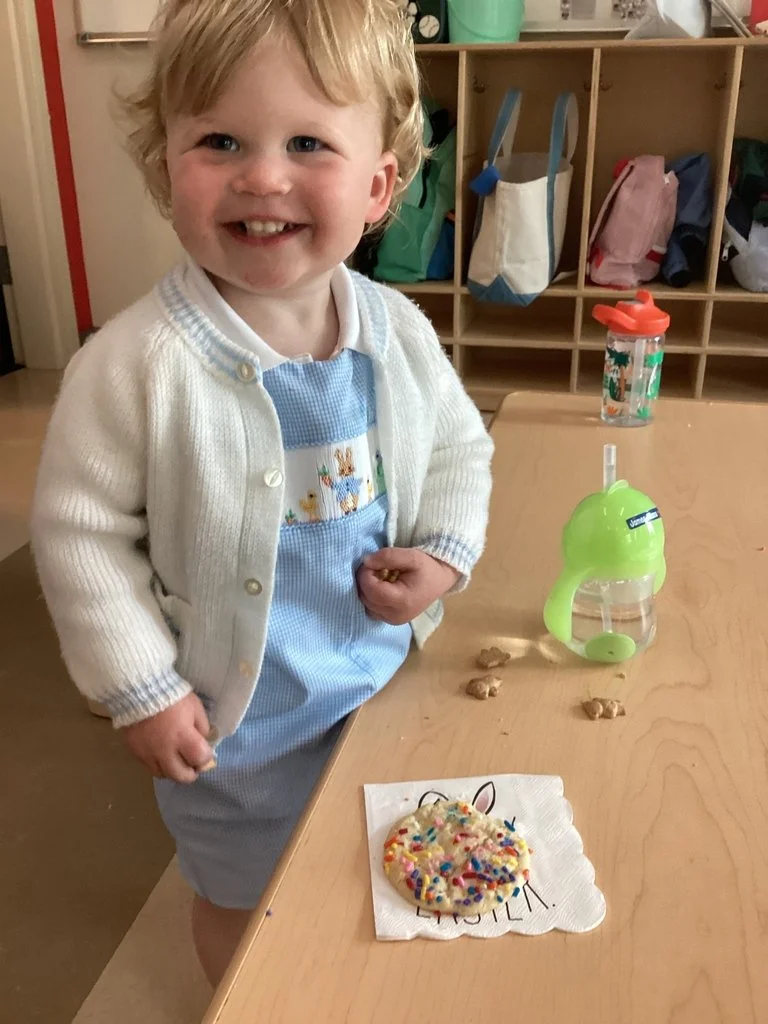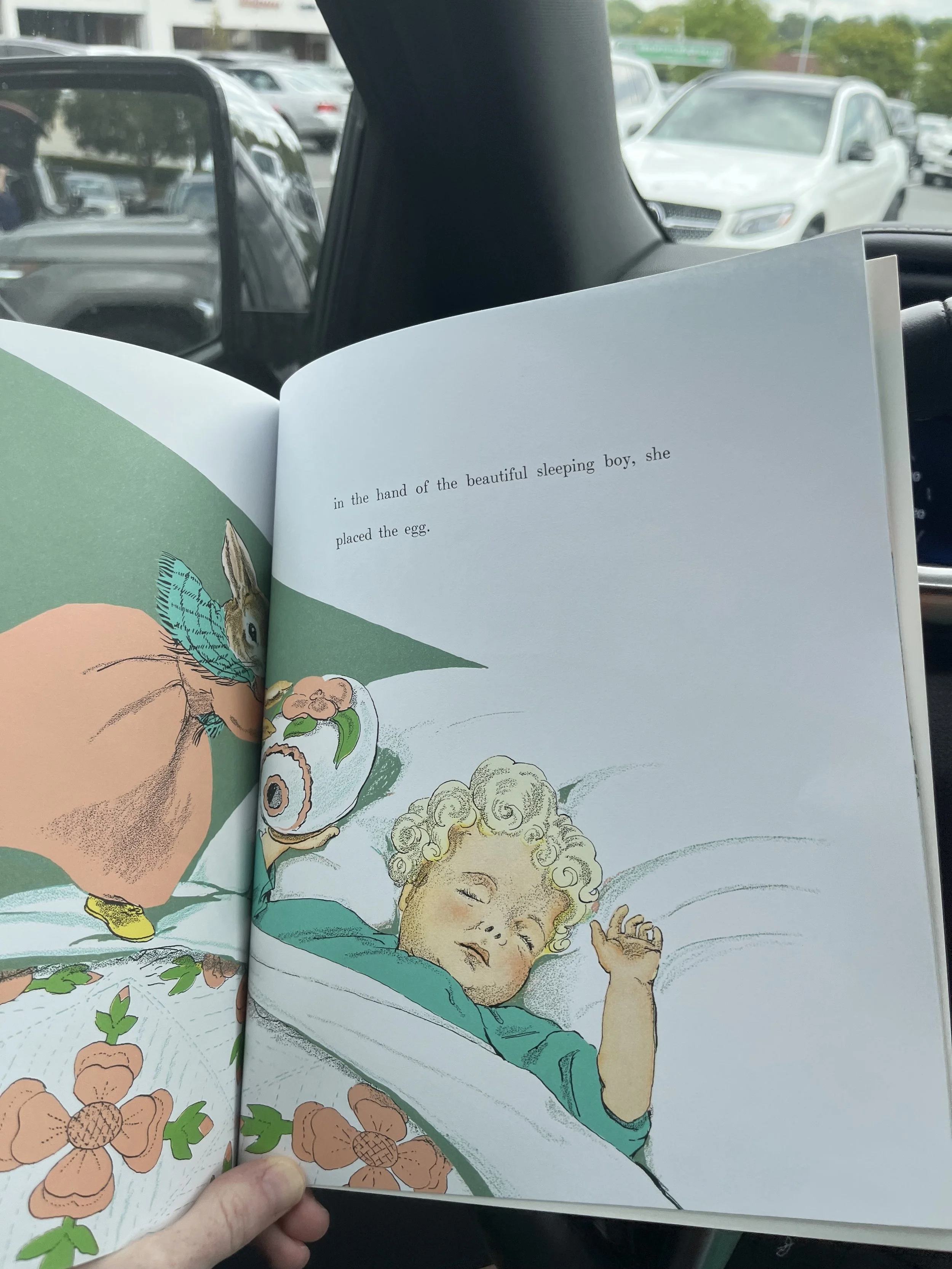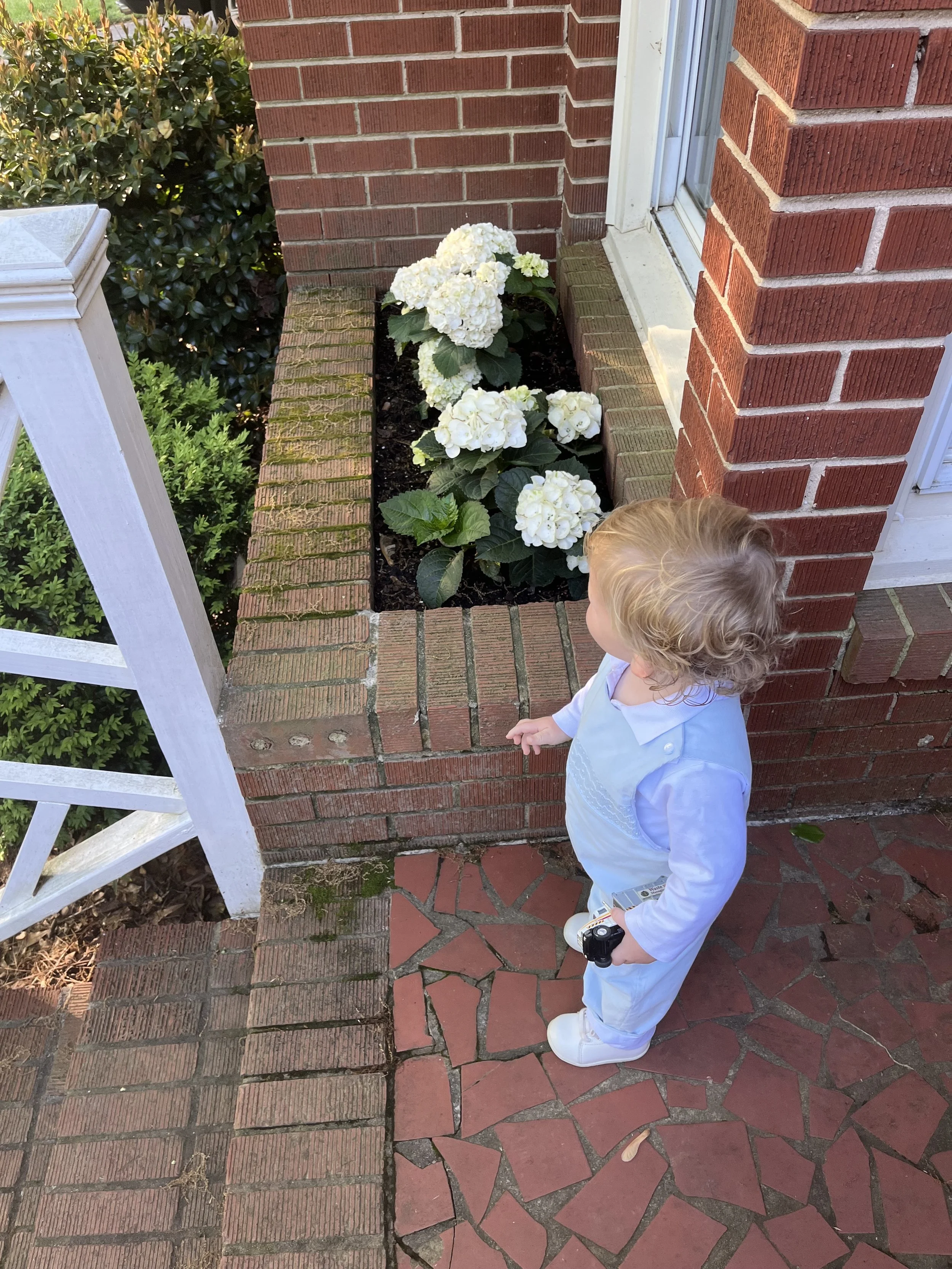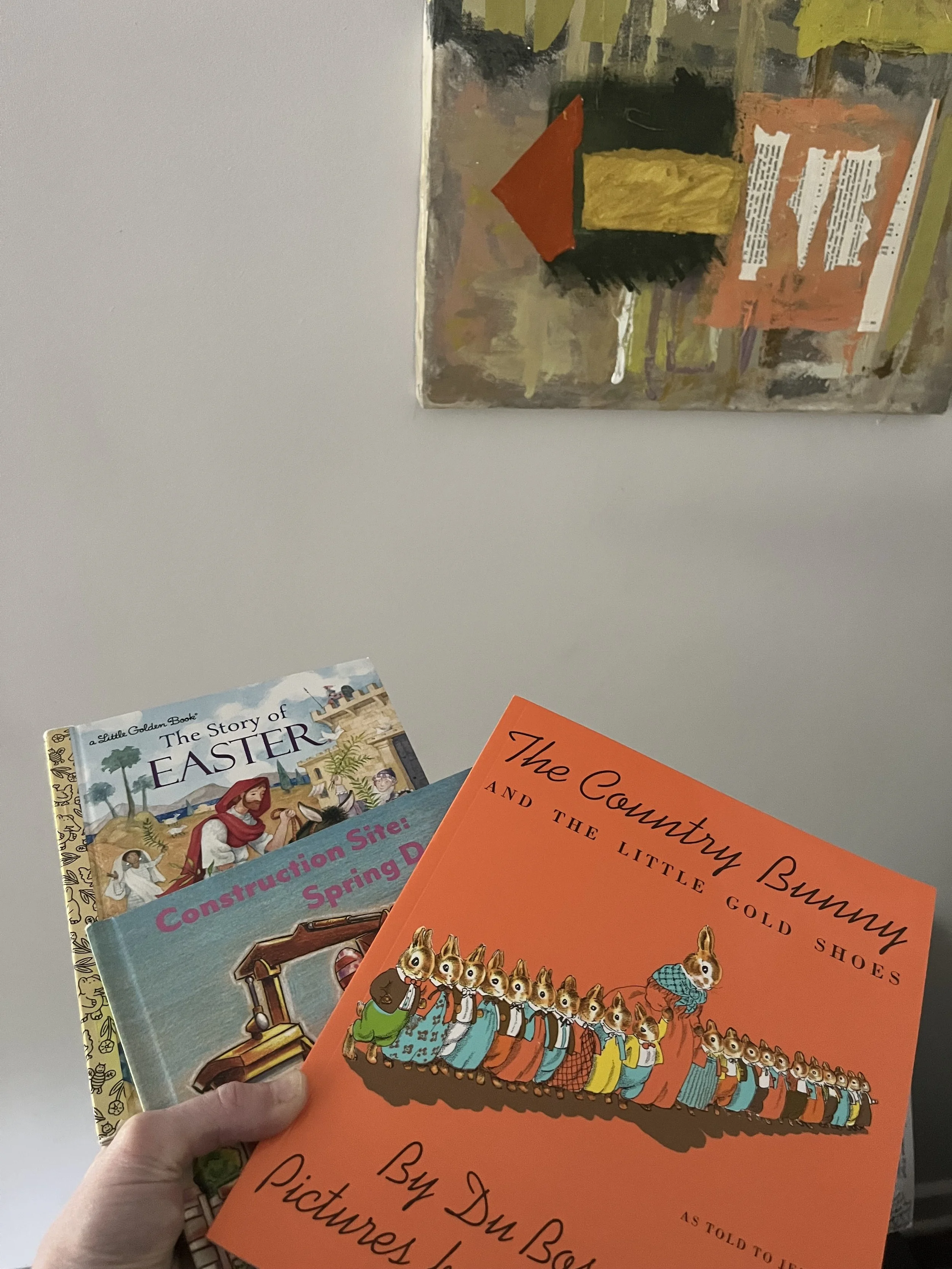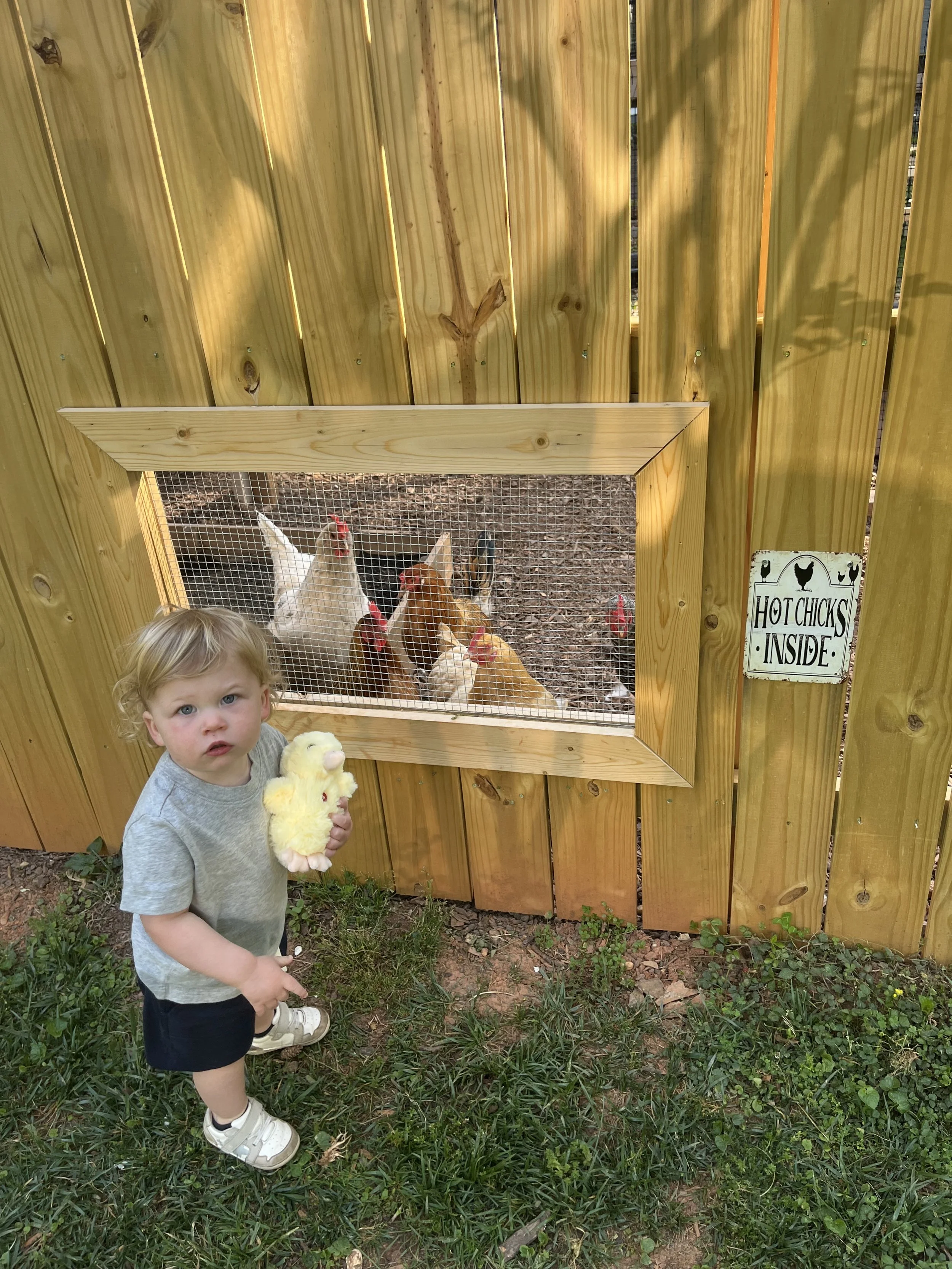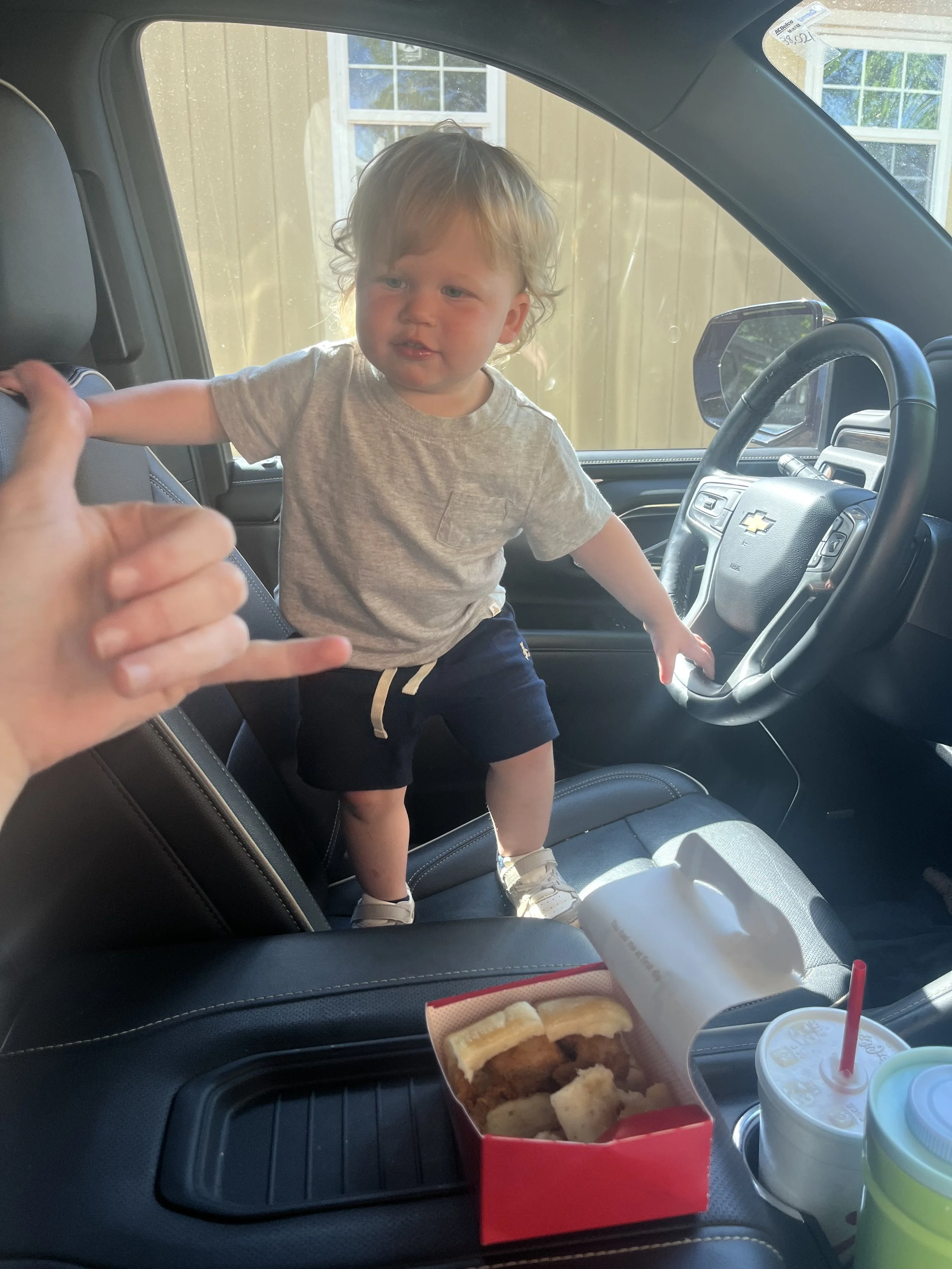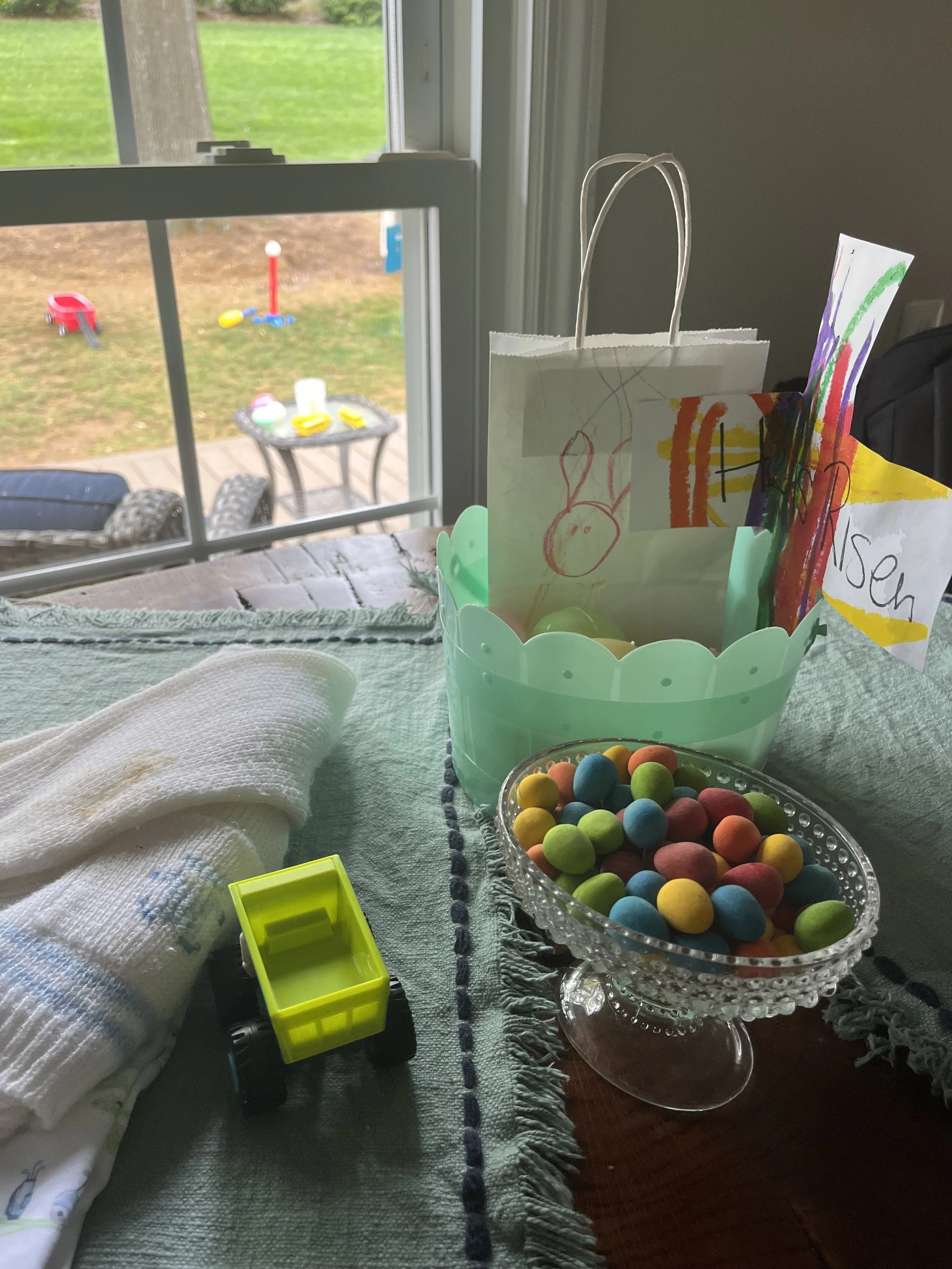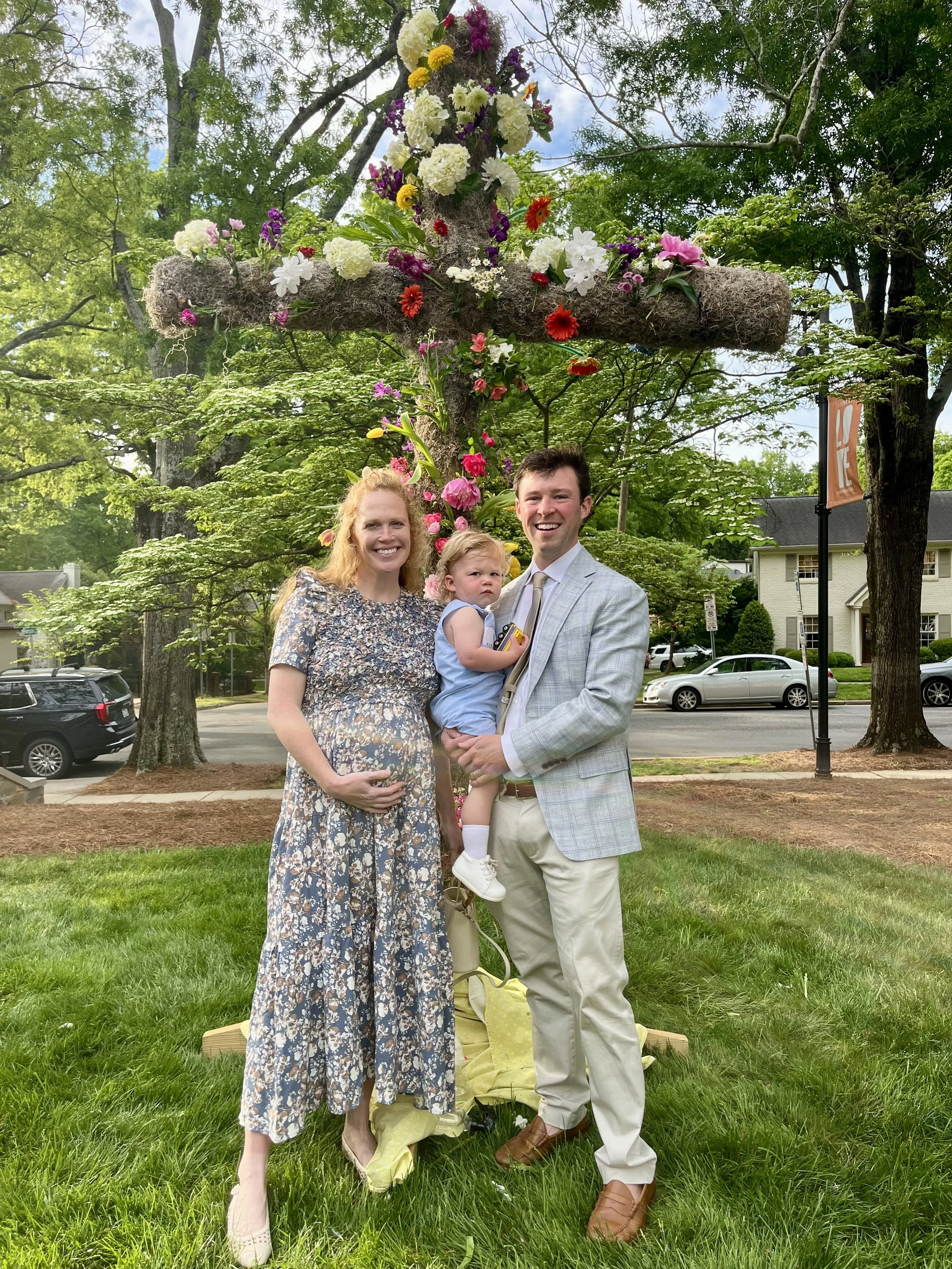“The cup that made you Stagger… the goblet of my wrath” - isaiah 51:22
HOLY THURSDAY
“In this unexpected act of foot washing (John 13:1-17) during the Last Supper, Jesus was communicating something profound about the nature of divine love.
“Often when we consider loving someone, we think in terms of actions and behaviors. We ask ourselves, ‘What’s the loving thing to do?’ But Jesus’ unexpected, self-effacing act of service leads us to ask the antecedent question, ‘Who am I?’ Without first asking this question, we can unknowingly place limits on our love because we are not operating out of a gospel-transformed identity. For example, if we functionally see ourselves as orphans needing to look out for ourselves instead of as God’s beloved children, we will limit our generosity towards others out of fear of not having enough. Likewise, if we think we are righteous by our own hard work, there will be boundaries to the way we are willing to serve others because our pride keeps us from serving those who ‘aren’t deserving.’
“When we look to Christ, we find a beautiful freedom to serve others, arising from the security of his identity: ‘Who, being in very nature God, did not consider equality with God something to be grasped, but made himself nothing, taking the very nature of a servant […]’ (Philippians 2:6-7). Jesus was able to serve in a way that no one expected because he knew the Father’s love intimately. The same heart that led him to wash the disciples’ feet would lead him to the cross. Because of Christ we have the same privileged status and security with the Father, and so we become free to serve in the radical, loving ways in which he has served us. Heavenly Father, Help me be a bewildering servant to those around me as you dismantle the limits I have placed on my love.” - Tim Keller
GOOD FRIDAY
Good Friday, NYC, 1956
“But this now begs the question, is there anything we can do to be born again? Or at least is there anything we can do to position ourselves to experience this new birth. Jesus instructs Nicodemus about what must happen in John 3:14-15. And what do those verses say? ‘And as Moses lifted up the serpent in the wilderness, so the Son of Man must be lifted up, and whoever believes in him may have eternal life.’
“What is this a reference to, Moses lifting up the serpent in the wilderness (Numbers 21:4-9)? The people were sinning and they were being bitten by snakes because God was angry with their sin. But God instructed Moses in order to be saved, Moses took a serpent, a snake, and he put it up on a pole and he held it up. And he said, all you have to do to be healed and not die of this snake bite is look at this and believe and you will be made well. And so it's a foreshadowing of what's going to happen on the cross for us. And it's this beautiful picture of like, what do we do to contribute our salvation? We look and believe that what Jesus did, he did for us.
“And listen, all those people had to do, no matter how bad the snake bites were, no matter how much they were suffering from the consequences of their sin, no matter how bad they're complaining and rebellion had been, all they had to do was get within sight of that snake on that pole and look and believe.
“And that's what we celebrate on Good Friday, guys. The day this episode comes out, what we're gonna be remembering is just like the serpent was lifted up on a pole, Jesus Christ, the son of God, was lifted up on a cross. He became sin for us.
“Okay, so if you want to position yourself to be born again, here's the first thing you’ve got to do. You’ve got to hear this word of truth, the gospel of your salvation. You’ve got to hear the good news that Jesus Christ, the son of God, lived the life you should have lived, died the death you deserve to die, and rose. You’ve got to hear that, okay? And hearing that, you believe in it, right? Then we have to repent of our sin, everything that we've done in our life that is contrary to God's law and his ways. And we say, and to repent means to turn around, and we turn away from it and toward God. And we say, God, that is sinful and I'm sorry for my sins. We also have a need to repent of, if you've grown up kind of like Nicodemus, is you got to renounce your old ways of trying to make yourself right with God. You've got to turn from hoping in your family or your church attendance or your baptism or your giving or your (“good-boy/good-girl”) success or your (moral) impressiveness or anything else. And you've got to say, Lord, those things carry no stock with you. I'm trusting in Jesus Christ and him alone to be made right with you. I'm banking in him completely. And the person who does that is the one who's given the spirit, which is just another way of saying, is born again. That's what's got to happen to us. Marvel at it. Like you got the spirit of God, the third person, the Trinity lives in you, you know, and you're part of his kingdom now. And Jesus Christ and all his benefits are yours. How amazing. That this has happened to you, you are blessed with every spiritual blessing in the heavenly places. Every single one of them becomes yours.” - Bible Caddie podcast
HOLY SATURDAY
Easter Vigil, Vatican, 2025
Gaskin: Remembering Palestinian Christians this Easter
April marks Arab American Heritage Month, a time to celebrate Arab Americans’ contributions and to confront stereotypes and prejudices against Arabs. This Easter, I’m particularly mindful of the often-overlooked struggles faced by approximately 185,000 Palestinian Christians living in Israel, the West Bank, and Gaza.
Around 140,000 hold Israeli citizenship, 45,000 reside in the West Bank, and about 500 remain in Gaza. In each area, their situation differs markedly: in Israel, they are Christians within a predominantly Muslim Palestinian minority living in a Jewish-majority state; in the West Bank and Gaza, they’re a tiny fraction of a population overwhelmingly Muslim. While it’s sadly common in America — where mass shootings are no longer a rarity — to become numb to the loss of innocent life, we must strive to grasp the scale of suffering occurring in places like Gaza, where tens of thousands have died.
Holy Week is a good time to identify with Palestinian Christian communities that have existed since the earliest days of Christianity — making them among the oldest continuous Christian populations in the world. I didn’t know much about Palestinian Christians, and I suspect my fellow American Christians didn’t either. That is why, when I was in Israel, I spent time with Palestinian Christians, going to Bethlehem Bible College and attending chapel, which was very much like an American Evangelical praise-and-worship service except it was in Arabic.
Palestinian Christians are largely committed to nonviolence, but their faith and commitment to nonviolence does not shield them from ongoing political conflicts, blockades, and military operations that disproportionately affect their lives and communities. They face numerous hardships, such as restrictions on movement that often prevent them from accessing important religious sites in Jerusalem and Bethlehem during sacred holidays such as Easter and Christmas. Churches are often damaged or destroyed. I am impressed by their resilience, faith, and efforts to maintain hope despite overwhelming hardship.
This Easter, as we recognize Arab American Heritage Month, let us truly see and stand alongside Palestinian Christian communities whose resilience amidst suffering deserves our response, and active support.
One mother, snapping photos of her two young children, reflected on how her approach to this holiday had changed since Christmas.
“I was scared back then, especially for my kids,” she said. “But now, with things feeling more stable, I decorated the house, made sweets, and dyed eggs. Children deserve joy.”
Rita al-Sha'er described a similar sense of comfort elsewhere in Damascus, at Saints Peter and Paul Church in New Cham.
“We celebrated like we used to,” said Rita.
“The atmosphere was good. Nothing changed in the rituals or the clothes women wore,” she continued, reflecting concerns about how visible expressions of faith or dress might shift under the new government.
She also noted that Muslim volunteers had joined the public security to help protect the church.
Even with calm streets and festive church scenes, unease remains.
“You may see churches holding services and scouts performing,” said Jamil Diyarbekirli, director of the Assyrian Monitor for Human Rights. “But the fears haven’t disappeared. The new leadership offers verbal reassurance, but on the ground, we haven’t seen much.”
In January, Ahmed al-Sharaa met with representatives from the country’s Christian denominations to affirm their safety and rights under the new leadership. However, according to Jamil, concerns persist.
“Christians aren’t facing systematic persecution,” he said, “but we’ve seen vans driving through Christian neighbourhoods using loudspeakers to urge people to convert to Islam. And there’s discomfort with the presence of foreign fighters. They don’t understand the country’s traditions, and their behaviour often clashes with the norms of coexistence here.”
Thousands of foreign fighters joined the uprising as it escalated into full-scale war, and many Syrians now fear these groups are attempting to impose extremist ideologies on the nation.
“These are new patterns,” Jamil added. “The state hasn’t intervened to stop them.”
For Jamil, reassurance requires more than symbolic meetings.
“What we need is a constitution that reflects Syria’s diversity, a pluralistic and inclusive political system, and a Syrian identity that embraces everyone, not one defined by a single colour or religion.”
EASTER SUNDAY!!!!!
“Thine be the glory, risen, conqu'ring Son;
endless is the vict'ry Thou o’er death hast won.
“Lo! Jesus meets us, risen from the tomb.
Lovingly He greets us, scatters fear and gloom;
let His church with gladness hymns of triumph sing,
for the Lord now liveth; death hath lost its sting.”
“No more we doubt Thee, glorious Prince of life!!
Life is nought without Thee; aid us in our strife;
make us more than conqu'rors, through Thy deathless love;
bring us safe through Jordan to Thy home above.” - “Thine Is the Glory”


